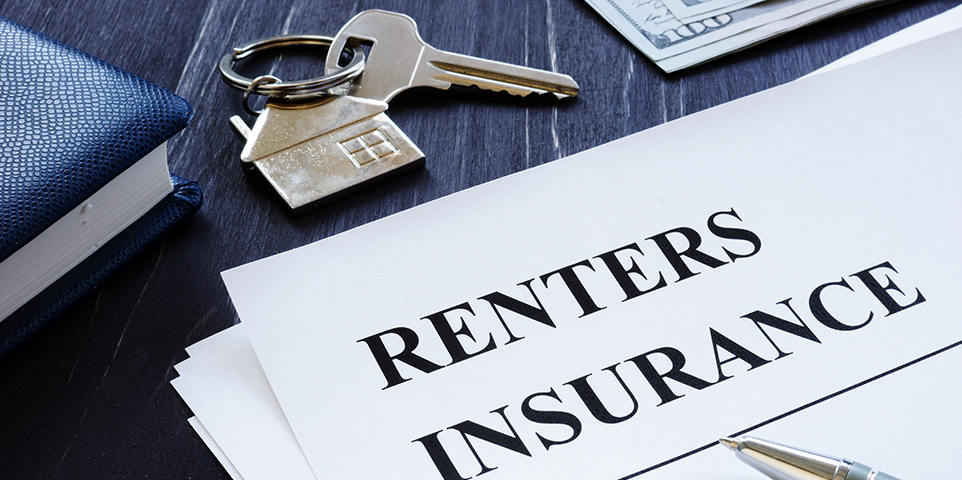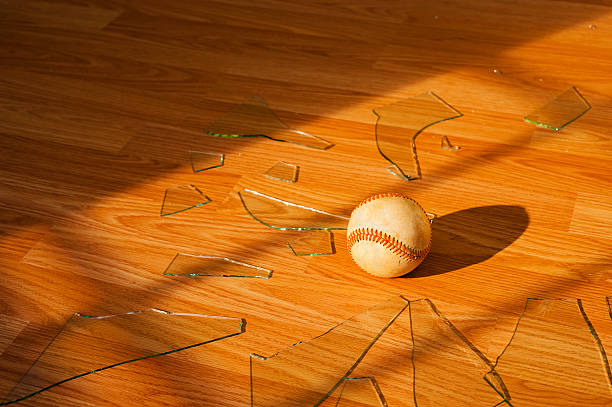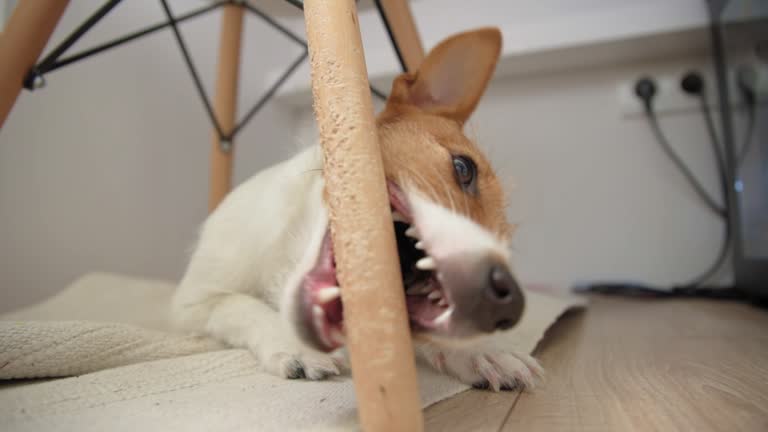You need renters insurance because your property, liability, and living expenses are not covered by your landlord. The landlord will take care of maintenance issues. You are responsible for replacing all of your belongings if your apartment catches fire. When it comes to problems like fire and theft, you’re on your own.

Renters insurance includes coverage for your personal property, accidental injuries and property damage to others, medical payments to others and additional living expenses if you can’t live in your home due to a problem covered by your policy (like a fire).
Personal property coverage is what most people think of when they’re buying renters insurance. It covers all that stuff you’ve been accumulating over the years—everything from
your furniture, clothes, jewelry, pots and pans, electronics, bicycle and even the little decorative items you keep on your shelves.
When buying renters insurance, you’ll pick a personal property coverage limit. This is the maximum amount your renters insurance company will pay if your personal belongings are
damaged or destroyed due to a problem covered by the policy (like a fire).For example, you might select $20,000 to cover all your belongings. If you have expensive furniture, clothes or other belongings, you might select $100,000 or more.
Make sure your renters insurance policy includes replacement cost coverage. This will reimburse for new, similar items. The alternative is actual cash value coverage, which will
pay you only the depreciated value of your damaged items.A good way to determine how much personal property coverage you need is by creating a home inventory. It is a simple as a written list, or you can use an app or take video with your phone. Then estimate the cost to replace what you have.
Personal Liability Coverage
Liability insurance pays for injuries or property damage to someone else for which you’re responsible. For example, if you knock an errant baseball through a neighbor’s window,
liability insurance can pay to replace the window. It also covers your defense costs if you’re sued over an incident covered by your policy. If your pet bites someone or a visitor trips and falls is another common liability issue.

Personal liability coverage may help in these instances:
- Medical bills after someone is injured in your apartment.
- Lost wages of that person who was injured in your apartment.
- Legal costs if you’re sued.
- Death benefits if someone dies after being injured in your apartment.
- You damage another person’s property.
You will be able to select liability insurance policy limits. A common default liability coverage amount on a renters insurance policy is $100,000, but you can purchase more.
Medical Payments Coverage
A standard renters insurance policy includes “medical payments to others” coverage, which pays small medical expenses if someone else gets injured in your home, no matter who is at fault for the accident. For example, if a guest bumps their head on an open cabinet door and requires stitches, your medical payments to others coverage can pay for the trip to the emergency room.

Medical payments to others coverage is meant to cover minor medical claims and is usually sold in small amounts between $1,000 and $5,000. Larger medical claims are generally
covered under liability insurance (when you’re legally liable for them).
Certain types of accidents that happen away from your home can also be covered by “medical payments to others” coverage. For example, if your playful pup accidentally
scratches someone at a dog park and they see a doctor, this could fall under “medical payments to others.”
Your “medical payments to others” coverage will not cover property damage to others, their pain and suffering, or legal fees if you are sued because of an accident. Those expenses are covered under the liability portion of a renters insurance policy.“Medical payments to others” coverage does not cover your injuries or injuries to others in your household. If you
get injured in your apartment, you’ll have coverage through your own health insurance.
Additional Living Expenses Coverage
If you can’t live in your apartment due to a problem covered by your renters insurance policy (like a fire or tornado), this coverage pays for hotel bills and other extra costs, including restaurant meals and pet boarding fees. This coverage is sometimes called loss of use. Think about all the expenses you could rack up above your normal daily spend if you had to leave your place
What Does Renters Insurance Not Cover?
- The building where you reside is damaged. Your landlord’s insurance covers the building structure. For example, if a fire damaged the building’s exterior, the landlord would cover it.
- Accidents that happen in common areas, such as driveways and parking areas.
- Pet damage to your home or belongings. If your dog chews on your coffee table or soils the carpet, that’s not covered by any insurance.

- Damage caused by floods, earthquakes or landslides. You’ll need extra coverage if those are problems that affect your area.
- Pest infestations. Renters insurance likely won’t cover you if your apartment becomes overrun with bed bugs, mice or rats. Your lease has you responsible for any and all extermination problems.
- Home business liability. If you have a home business, renters insurance likely won’t cover you for business-related issues.
Renters insurance could be vital to replace your belongings following a fire or disaster and protect you if you’re involved in a lawsuit. Not to mention the extra bills for additional living expenses that you’d otherwise have to pay on your own if your apartment is damaged by a problem such as a fire.
